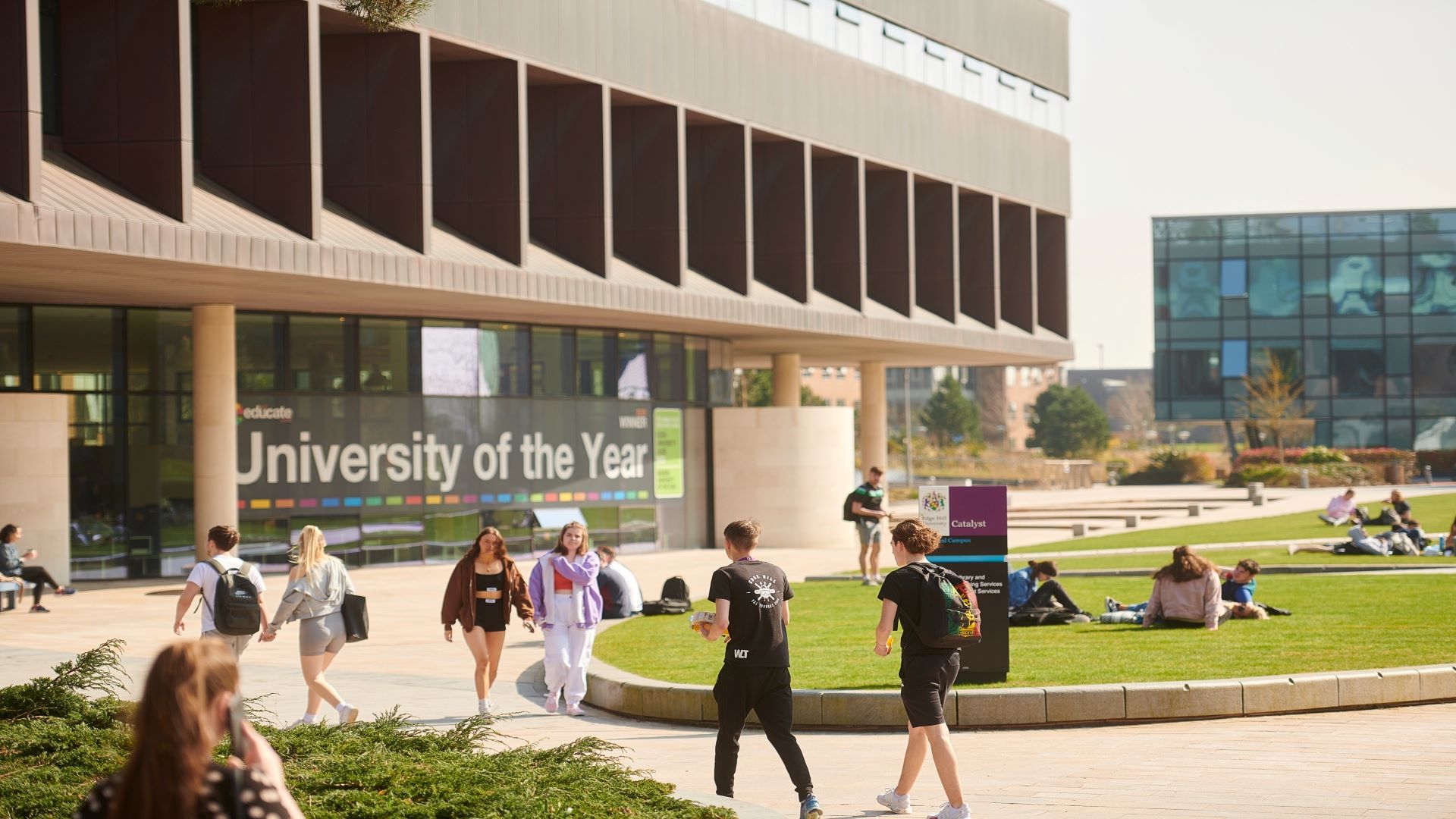The new study by Turley Economics, commissioned by Edge Hill, shines a light on the powerful impact of the University in a region that the government is targeting in its ‘levelling up’ programme.
Through its staff, students and visitors, the University plays a key role in driving economic growth, job creation and ground-breaking research.
This significant impact runs alongside the huge contribution the University makes through educating tomorrow’s workforce, including nurses, doctors, teachers, social workers and other key public sector workers – improving opportunities for people of all ages and backgrounds.

“The expansion of our campus has helped to fuel economic growth not only in Ormskirk and West Lancashire but at a regional and national level.
“In the current climate it is also important to recognise the livelihoods Edge Hill supports through creating and supporting jobs and businesses. This is either through direct employment, the supply chain and through employee and student spending power. The economic and cultural contribution of our University is huge and benefits so many communities.
“The report is also a clear statement of our intent to continue to actively nurture and develop our work to support the economy in years to come.”
Steve Igoe, Deputy Vice-Chancellor
The University currently has a student population of more than 14,600 who make a significant contribution to the economy. This is seen through student spend, which currently stands at £83.8m per year. Also, through activities such as volunteering in the community, student social contributions are estimated at £10.7m.
In the last 10 years the University has invested over £300m expanding and improving its outstanding facilities, student experience and research, while ensuring sustainability is at the heart of its activities.
“From the newly opened Medical School to the forthcoming Life Sciences building to support the STEM agenda, the University will continue to respond to the needs of the external environment and future employers to support the growth of the economy.”
Steve Igoe, Deputy Vice-Chancellor
By 2030/31 it is anticipated that the University will generate economic productivity impact of over £211m.
May 22, 2023



